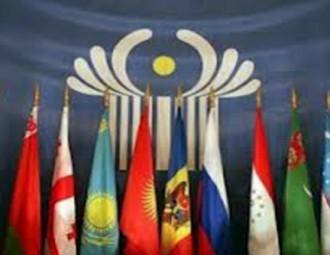Ukraine sent its ambassador to Belarus to the session of the Council of Prime Ministers of the CIS

Six international agreements were signed at a summit of the Council of Prime Ministers of the Commonwealth of Independent States (CIS) in Minsk.
The number includes an agreement on cooperation of the engineer troops of the CIS armies in humanitarian mine clearance and an agreement on information interaction in the CIS to ensure transport security.
During the session of the CIS Heads of Government Council over 20 draft documents were discussed. Apart from economic ones participants of the summit also discussed a number of matters concerning interaction in the humanitarian sphere, BelTA informs. Measures were outlined to advance cooperation in radio navigation and hydrometeorology for the next few years and amendments were introduced into rules to determine the country of origin of products.
Apart from the economic block the session tabled a number of matters concerning cooperation in humanitarian sphere. Measures were worked out to develop national kinds of sport in the Commonwealth of Independent States, fight the threat of the distribution of the foot and mouth disease in animals in the CIS states.
For the sake of ensuring security in the CIS space the sides extended the agreement regarding the return of the underage to their permanent residence countries. A register of units the CIS states assign to the CIS corps used to alleviate consequences of natural and man-caused emergencies was approved.
The session of the CIS Heads of Government Council also gave an objective evaluation to the operation of the interstate council for antimonopoly policy and the CIS council for cultural cooperation.
Heads of government from ten countries took part in the session of the CIS Heads of Government Council in Minsk on 30 May. Ukraine was represented by Ambassador of Ukraine to Belarus Mykhaylo Yezhel.
-
03.01
-
07.10
-
22.09
-
17.08
-
12.08
-
30.09








































